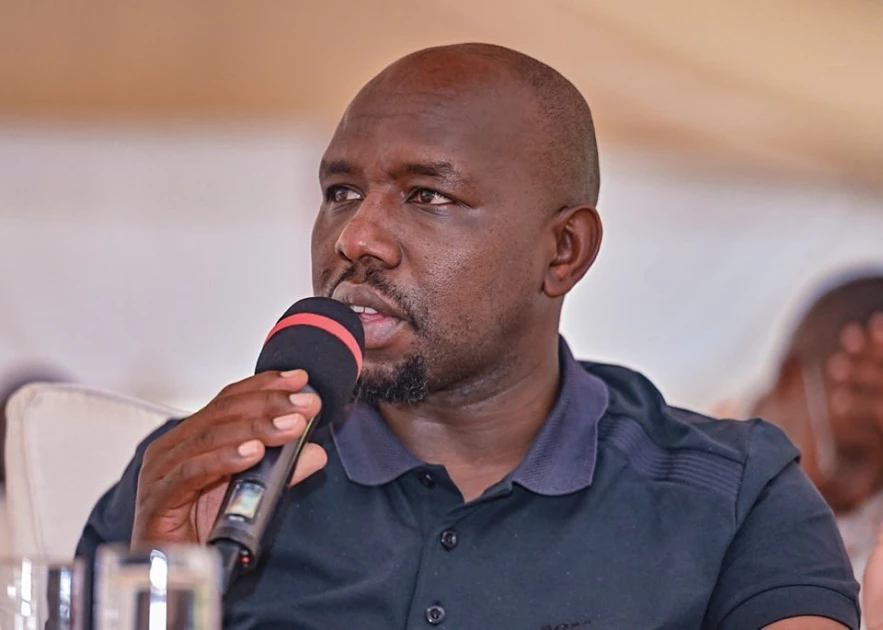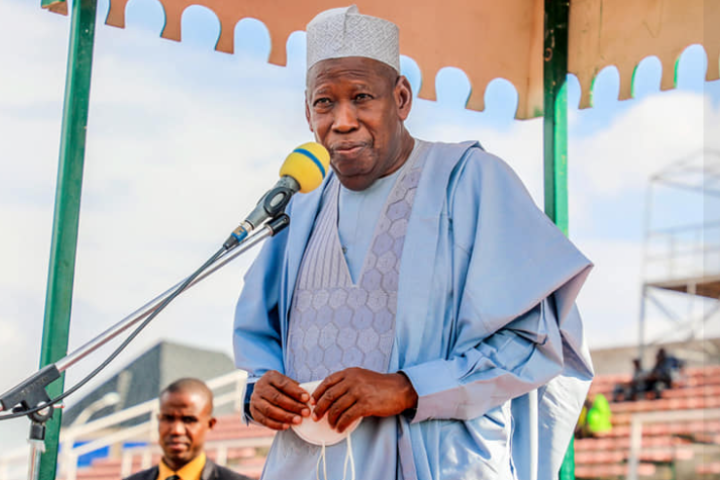World FGM Day: NHRC advocates public awareness, collaboration against female genital mutilation
The National Human Rights Commission (NHRC) has called on Nigerians to report cases of Female Genital Mutilation (FGM) and for collaboration with stakeholders to end the menace.
The commission’s Executive Secretary, Tony Ojukwu, made this call in a press statement on Thursday to mark the Day of Zero Tolerance for the practice of FGM.
Mr Ojukwu emphasised the need for strengthened collaboration in the fight against Female Genital Mutilation (FGM), aligning with this year’s theme, ‘Stepping Up the Pace: Strengthening Alliances and Building Movements to End FGM.’
The International Day of Zero Tolerance for FGM is commemorated annually on 6 February to raise awareness and highlight the progress made against the scourge.
Mr Ojukwu noted that the commission’s progress in the war against FGM includes collaboration with the United Nations Population Fund (UNFPA) and the Civil Resource Development and Documentation Centre (CIRDDOC) in developing a training manual on human rights and FGM.
“The Manual provides a general background analysis of women’s human rights and Female Genital Mutilation, which is a type of violence against women and girls. The Manual also provides a guide for reporting FGM in line with the prescribed standard,” he stated.
The NHRC has also carried out training programmes conducted in five states – Imo, Ebonyi, Osun, Oyo, and Ekiti – with support from UNFPA/UNICEF in a bid to end the harmful practice of FGM, he said.
He noted that these trainings, which targeted government agencies, communities, religious organisations, the media, security agents, traditional rulers, and non-governmental organisations (NGOs), have shown positive results in reducing FGM prevalence.
Mr Ojukwu, a Senior Advocate of Nigeria, noted that the commission will replicate the training in other states where FGM is practised to bolster its eradication.
According to the World Health Organisation (WHO), FGM includes all procedures that involve partial or total removal of the external female genitalia or other injury to the female genital organs for non-medical reasons.
The world body describes it as a human rights violation that affects more than 230 million women and girls inflicting a lifelong physical, emotional and psychological scar.
As of 2022, Nigeria accounts for the third highest number of women and girls who have undergone FGM worldwide, with an estimated 19.9 million survivors, according to UNICEF.
While the national prevalence among women aged 15-49 dropped from 25 per cent in 2013 to 20 per cent in 2018, prevalence among girls aged 0-14 increased from 16.9 per cent to 19.2 per cent in the same period.
WHO also projected that 27 million girls could experience this gross violation by 2030 if efforts are not made to curb this harmful practice.
FGM practices are fuelled by cultural and traditional beliefs, among other factors. Many communities see FGM as a rite of passage that transitions a girl into womanhood.
It is passed down from one generation to another, with strong resistance to abandoning the practice. In some communities, girls who do not undergo FGM are often stigmatised, considered “unclean,” or unfit for marriage.
Many Nigerian communities also practice it for control over female sexuality. They see it as a means of curbing promiscuity and ensuring virginity, They believe that by making sex painful, it will prevent the girls from engaging in “immoral behaviour”.
But FGM portends great dangers, ranging from immediate to life-long consequences.
Immediate dangers include severe pain from cutting or removing genital tissue that is extremely painful since it is done without anesthesia, excessive bleeding, shock, infections such as tetanus, painful urination and sometimes death.
It also has long-term consequences such as chronic infections, blocked menstrual flow, painful intercourse, Infertility, increased riks of HIV/AIDS and complications in childbirth, including increased risk of postpartum hemorrhage, and fistula (uncontrollable urine/feces leakage) due to tearing during childbirth.
It can also lead to psychological, emotional threats, and lifelong mental distress including Post-Traumatic Stress Disorder (PTSD caused by flashbacks, nightmares, and anxiety.












